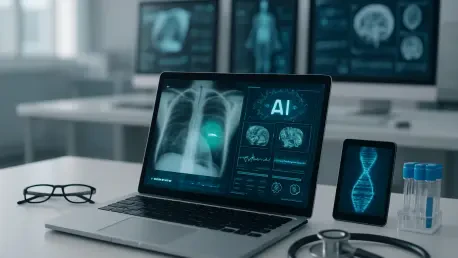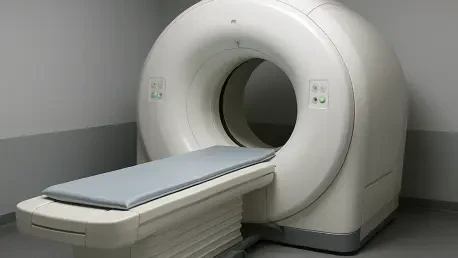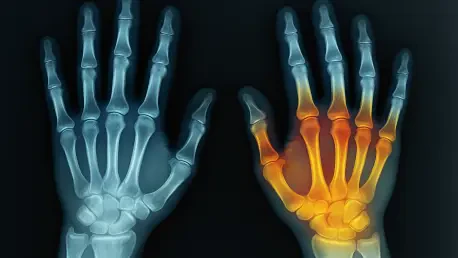
The notification of India's Digital Personal Data Protection (DPDP) Act of 2023, along with its subsequent 2025 rules, has initiated a seismic shift in the nation's privacy landscape, creating a significant structural tension within the health insurance sector. For decades, the industry's

In a significant shift from curated lifestyle content to raw, unfiltered vulnerability, some of television's most recognizable personalities are now leveraging their massive social media followings to broadcast deeply personal health struggles. Two prominent figures, Nicole 'Snooki' Polizzi and

The relentless deluge of complex data in modern medicine, from high-resolution 3D scans to detailed clinical notes, presents a monumental challenge that has long outpaced human capacity for synthesis and interpretation. In a landmark move poised to address this very issue, Google Research announced

A significant technological leap in medical imaging is poised to fundamentally reshape neurological care by bringing a previously centralized, complex diagnostic tool directly to the patient's point of care. The recent clinical validation of the first FDA-cleared portable, AI-powered Magnetic

Diagnosing vascular conditions in the delicate and complex anatomy of a child's hand has long presented a formidable challenge, balancing the urgent need for clear images with the critical imperative to protect young patients from excessive radiation. Recent breakthroughs in pediatric radiology,

In the highly specialized and competitive world of medical technology, a prevailing strategy is to focus on a singular niche; however, EKF Diagnostics has forged a different path by establishing itself as a significant global player with a unique business model that merges Point-of-Care (POC)